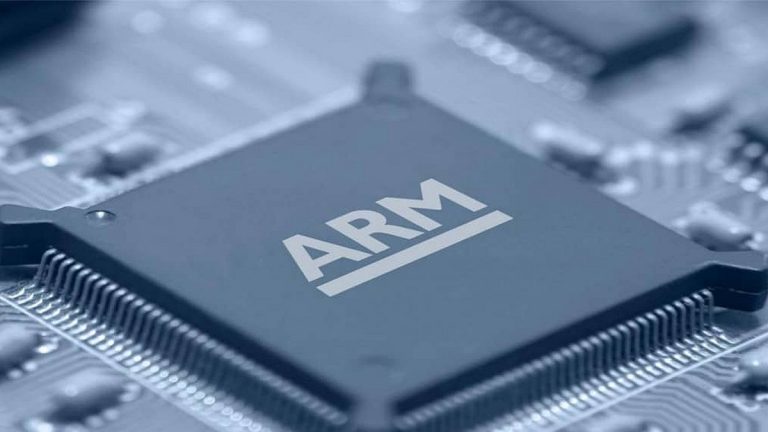Qualcomm is perhaps best synonymous with making some of the most powerful system-on-chips inside the smartphones of today, but they do actually have bigger ambitions of entering the server and mainstream PC scene for a while now. However, that plan is now in jeopardy as ARM, the company that licenses their architecture designs to Qualcomm, over a potential breach of their licensing agreement.
The whole ordeal actually began early last year, when Qualcomm announced the acquisition of Nuvia for USD1.4 billion, a tech firm founded by former Apple engineers that was also developing ARM-based processors. Qualcomm’s goal when buying Nuvia was to use the latter’s research and development to boost their own processor development plans, and hopefully launch laptop CPUs by 2023. Its CEO Cristiano Amon even went as far as saying that when they do launch their laptop chips, it’ll be more powerful than Apple’s M1 chip.

ARM though isn’t so pleased about Qualcomm’s acquisition of Nuvia. According to Reuters, ARM claims that by taking over Nuvia and using their work, it has breached its licensing agreement and infringed on its trademark. The British firm had licensed Nuvia its processor designs as well as permission to build its own design using their architecture. However, ARM says that their license to Nuvia is no longer valid, as it’s been acquired by Qualcomm.
ARM believes that Qualcomm shouldn’t be able to use Nuvia’s research based on their license without ARM’s approval. In fact, ARM says that they spent over a year trying to find an agreement with Qualcomm over the use of Nuvia’s licensing deals. ARM though would eventually terminate Nuvia’s license early this year, and also claims that Qualcomm can’t use any processor design made with them.
If ARM’s lawsuit is successful, it would be a huge setback for Qualcomm’s plans to develop silicon powerful enough for laptops and servers, as it would mean that Qualcomm will need to destroy and get rid of all designs developed using Nuvia’s license with ARM.
Unsurprisingly, Qualcomm has fired back at ARM, with Qualcomm’s general counsel Ann Chaplin telling The Verge that ARM has no right to ‘attempt to interfere with Qualcomm’s or Nuvia’s innovations’. Chaplin also added that ARM has ‘ignored the fact that Qualcomm has broad, well-established license rights’, which cover its custom-designed processors.
It’s a major turn of events for two companies that have traditionally depended on each other. Qualcomm needs ARM as a major technology partner for its mobile processors, while ARM stands to gain a lot in royalty fees from its licensing deal. This lawsuit though will likely put a huge dent in the long-running relationship between the two giants.
0 comments :
Post a Comment